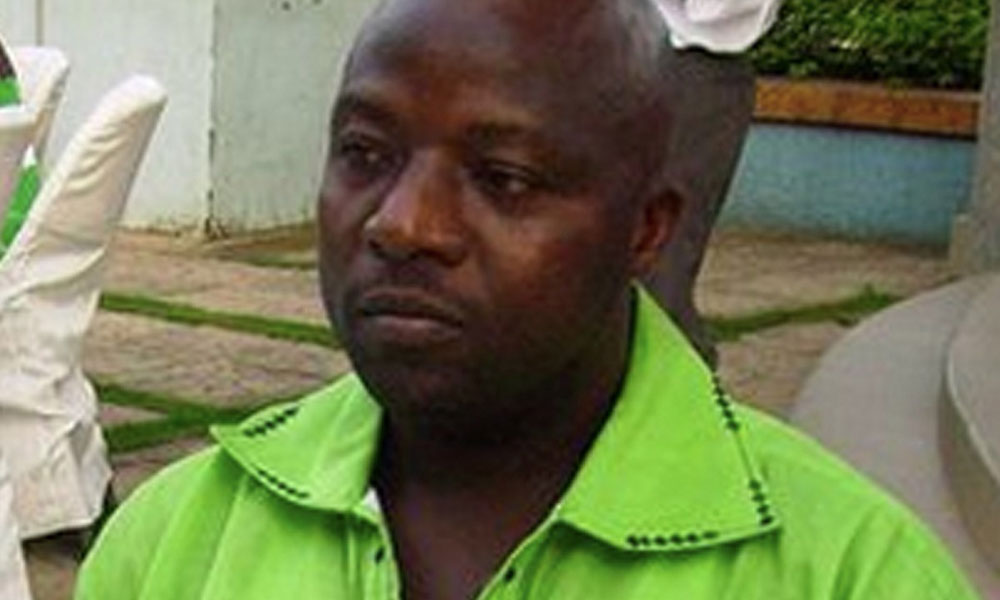
Liberian Community Groups Step Up Amid Ebola Crisis
As the Liberian community in Dallas struggles with the wide-reaching impact of the deadly disease that took the life of Thomas Eric Duncan on Wednesday, local groups are helping to keep the community calm while discouraging discrimination.
Between 5,000 and 10,000 Liberian nationals live in North Texas. And when a Liberian man who traveled to the region, Thomas Eric Duncan, was confirmed to have the Ebola virus, local Liberian groups stepped up to support the community during a difficult time.
On Wednesday, the community got the news it been fearing: Duncan had died.
“My spirit has been broken,” Stanley Gaye, president of the Liberian Community Association of Dallas-Fort Worth (LCA-DFW), told The Guardian. “I’m disappointed, I was hoping for the best, I didn’t think it was coming to this.”
Not everybody from Liberia or West Africa or Africa will be infected, so I do not want people to have that stigma about Africans.
In recent days, Gaye and other members of his and other local community groups have worked in various ways to help the community as it deals with a disease that’s taken one of its own:
Discouraging discrimination: In comments to media outlets, Gaye and other officials have emphasized that Duncan was the exception, not the rule, and cautioned against stigmatizing everyone who comes from the affected regions of Africa. “Not everybody from Liberia or West Africa or Africa will be infected, so I do not want people to have that stigma about Africans,” Gaye told Voice of America. He and others have discouraged travel sanctions against West Africans, though some precautions are being taken; the U.S. will soon begin screening passengers from the region for possible fevers at five major airports, according to The New York Times.
Supporting Duncan’s loved ones: During Duncan’s hospitalization, LCA-DFW did its best to support his girlfriend, Louise Troh, and their children, who spent time in isolation because of their exposure to Duncan. Saymendy Lloyd, a friend of Troh, told The Washington Post that the group delivered food to the family over the weekend. “She called me, ‘I’m eating some traditional Liberian food,'” Lloyd said. “She was very happy about that.”
Encouraging the community: Duncan’s illness and death have created a sense of dread in the local community. But Carolyn Woahloe of the local Liberian Nurses Association says the group has doubled down on its efforts to discourage fear, uncertainty, and doubt. “I am going to every single African church that I know, especially Liberian churches, and just talk to my people and say, ‘Hey, this is not something to be ashamed of. You have not committed any crime. Don’t be fearful. Just go and get checked out,'” she told PRI last week.
Advocating for victims in West Africa: If there is a silver lining for those suffering from the crisis in Africa, it may be that Ebola’s arrival in the U.S. has sparked a more concerted response. “We were just Africa, just hurting every once in a while, but now that it’s affecting America, every hour it’s on the news,” LCA-DFW spokesman Alben Tarty told Time over the weekend. “America is the most powerful country in the world with robust healthcare systems and is now paying attention to the virus and will do something about it. That’s the feeling people have right now.” He added that the crisis may help Americans “appreciate what we’re going through.”
Woahloe made a similar point in a visit to a suburban Dallas church. “If I am Liberian, that doesn’t mean that I have Ebola,” she said, according to a Los Angeles Times report. “This is not a Liberian problem. This is a world problem.”
Thomas Eric Duncan, who died from Ebola on Wednesday. (Handout photo)






Comments